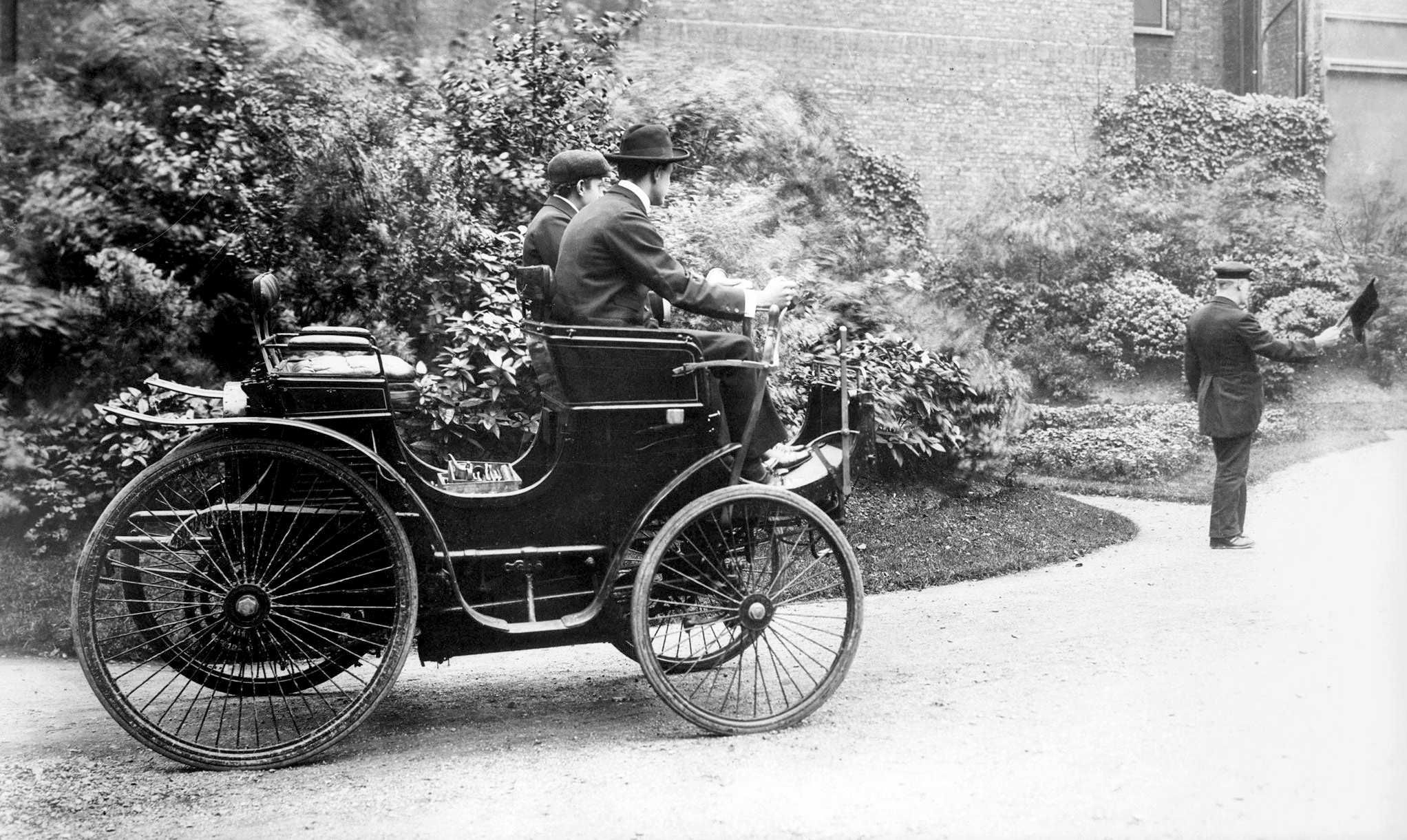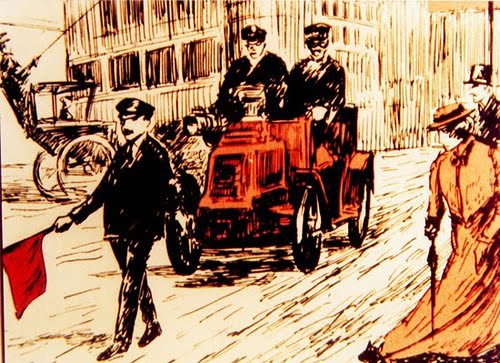I don't think people realize how powerful the synergies are for bikes + transit + flexible and secure bike parking. If you consider that getting people to cycle to a rapid transit station can save the need for a bus trip to/from that station, then the value of bike parking can become quite significant in reduced operating cost for the transit operator. Same goes for letting people leave a bike at their destination station overnight/weekends. Also would increase the catchment area and appeal of transit as people frankly don't want to wait for infrequent buses and may just drive if their destination is more than a short walk from the destination station.
I would take that a step forward, and suggest that
bikeshare stations utilizing
e-bikes should be a standard feature of every GTHA-area transit station.
E-bikes are be truly revolutionary for suburban transport. An e-bike can transform a 30 minute bus trip to the local GO station, 5 to 10 minute cycle. And these trips are physically effortless, which eliminates perhaps the biggest hesitation non-cyclists have about getting on a bike. Even in sprawling suburbs, e-bikes are a stunningly effective means of transport.
We could forgo the bikeshare program and settle for better bicycle parking facilities. However I specifically encourage e-
bikeshares because it eliminates the financial barrier of bike ownership. The vast majority of transit commuters are either unable to unwilling to pay $500 to $2,000 for an e-bike. However, it'll be relatively easy to convince those riders to use e-bikeshares, particularly if its already included in their transit fares (
"do you want to wait another 20 mins for this bus to arrive, or just hop on this bike and be home in 5 minutes?"). If we want maximal cycle ridership, e-bikeshares are the way to go.
This program wouldn't be cheap, but neither are public bus services. The 905-area transit operators subsidize their bus trips to the tune of $2.00 to $4.50 per rider. Whatever an e-bikeshare program costs to operate, it would certainly be significantly cheaper than bus operations.
Metrolinx has been grappling with the car-dependency of GO trips for a decade now, to little avail. Billions spent on BRTs and LRTs don't mean much if customers still have to walk a long distance to catch an infrequent bus (ahem, looking at you, York Region). Deploying e-bikeshares to GO stations and their surrounding neighbourhoods would likely prove to be a more fruitful investment.
Obviously, enhancements to cycle lanes and infrastructure would be requisite.
Deploying this program would be a relatively low risk affair. Just pick a handful of GO and TTC stations with high potential, and deploy bikeshare stations in their surrounding areas. If they work, then we know we have a winning formula on our hands that can be expanded to the rest of the network.








